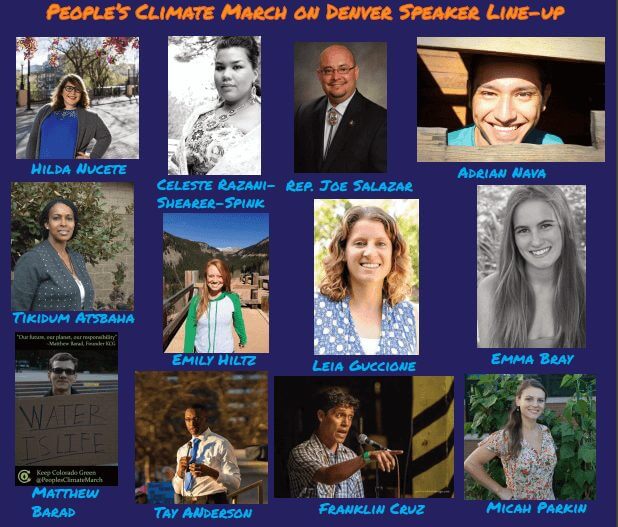Contact: Jessica Goad 720-206-4235
The Colorado state Senate just passed HB 1227, a bill to extend a successful energy efficiency program, on a 21-14 vote. The state House has already passed the bill, so it is going to Governor Hickenlooper’s desk.
Theresa Conley, Advocacy Director at Conservation Colorado, made the following statement:
This is an important win for Colorado. Energy efficiency programs have been wildly successful in our state, having saved consumers money and helped our environment. Despite misleading information that this bill would cost ratepayers money, its passage demonstrates that bipartisanship can be found on energy issues. We thank Senators Priola and Fenberg, as well as Representatives Winter and Lawrence, for their teamwork and for their commitment to Colorado’s consumers and our environment.
Colorado has long been a bipartisan leader in energy efficiency policies. Energy efficiency saves money for families and businesses and reduces air pollution. A Colorado bill passed in 2007 created the Energy Efficiency Resources Standard, which requires energy savings goals for utility companies, providing incentives for implementation of energy efficiency programs. This program is set to expire in 2018, and HB 1227 extends it through 2028.
Since its implementation in 2009, the EERS has created over 40,000 jobs, avoided 1.85 million metric tons of pollution, and saved Colorado consumers and businesses over $1.3 billion in utility costs. HB 1227 ensures the continuation of programs that help Colorado consumers and business save money, support existing jobs, create new jobs, and benefit our environment.





